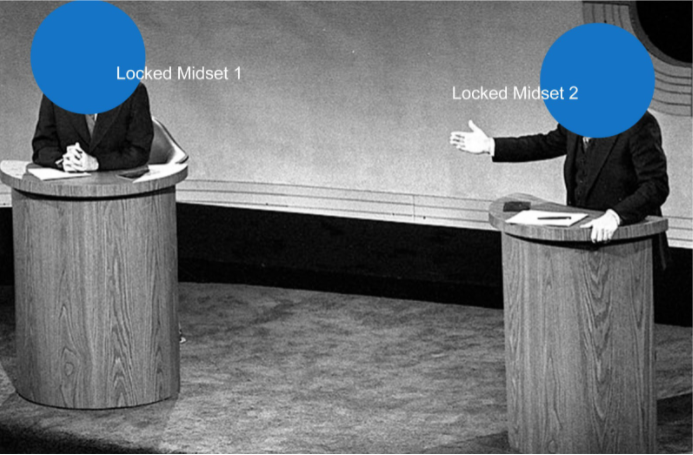
Liberal arts colleges have had their fair share of criticism. Students everywhere have contrasting opinions on the fact that they are expected to participate into topics outside of their major, or to learn languages one wouldn’t normally speak. I believe that these are all necessary to complete a well-rounded education that makes students ready to be modern citizens. We, as students, should be taught how to communicate our ideas effectively and in a respectful manner. Seminar-based classes are necessary to learn this type of communication. Typically, classes discuss topics such as race, LGBTQ+ rights, immigration, the effects of Christianity and so many more in order to expose students to modern topics.
There is one issue that I have noticed with many student mindsets on a liberal arts campus—such as this one. This idea that people must constantly be on guard or wary of the way they discuss controversial topics in class in order to prevent being “cancelled,” can prohibit one from participating in class with sheer comfortability. I have come thoroughly aware of this behavior through my own experiences and conversations I’ve shared with classmates.
Class discussions regarding politics or other topics, includes some people that may not be as well-versed in correct terminology as others, and it is not necessarily their fault. They shouldn’t be judged for their lack of knowledge or insensitivity. Instead, we should understand their upbringing. What taught them to develop this mindset? How can we tell someone that something they are saying is harmful, but do so without being harsh? Part of the liberal arts experience is learning about other people and diversifying their perspectives and in turn having our perspectives reevaluated. Not everyone can be fully educated on every issue all the time; patience is key when it comes to academic and political discussions.
Maybe instead of being sarcastic or rude to someone’s contribution to a controversial discussion, we begin practicing patience and reasoning. An argument that is meant to be had in the classroom does not involve backhanded comments, but is civil conversation that attempts to reach a common understanding.
I had to force myself to practice calm and collected argument, especially growing up as someone who has always been politically conscious and as a person of color from a predominantly white and heteronormative town. It took me a long time to learn that passivity and rudeness only entrenched people in their own views, and me in my own.
I do believe there is a certain level of decorum that we must maintain to respect each other, especially as a non-binary student of color. There is no place for calling people slurs or being outright racist/homophobic/xenophobic, but discussions have gone too far. Students that may not have had exposure to diverse opinions and experiences are more likely to have a smaller mindset when it comes to social discussions and we should not fault them for that.
Instead of immediately coming to the conclusion that our fellow students are insensitive and close-minded, we should focus our efforts in helping them educate themselves. When we argue with anger and aggression, we are only polarizing each other more than we already are; the holes we dig for ourselves get deeper when someone hands us the shovel. We must allow our classmates to grow with encouragement, not abuse and close observation of their actions.

